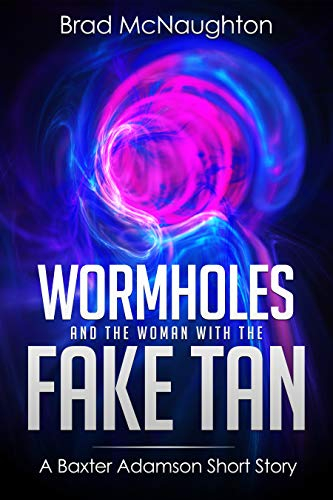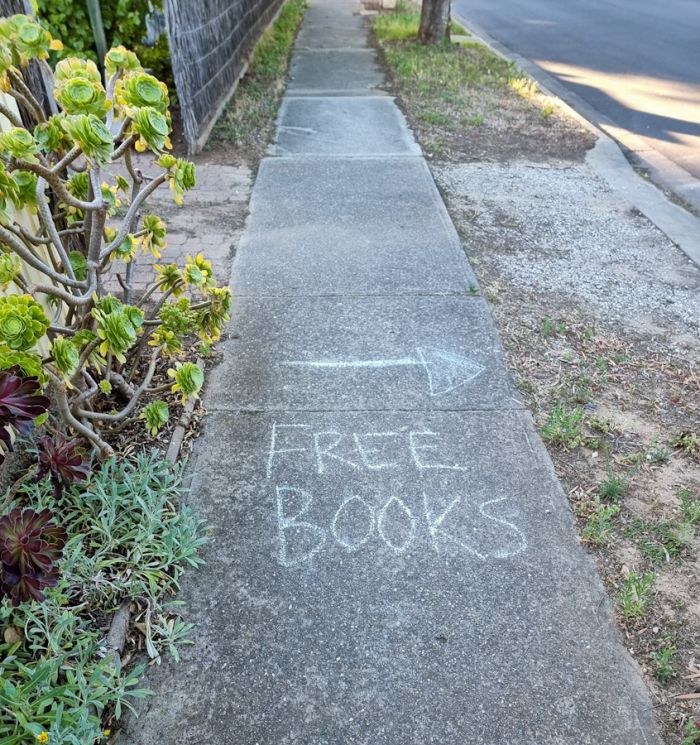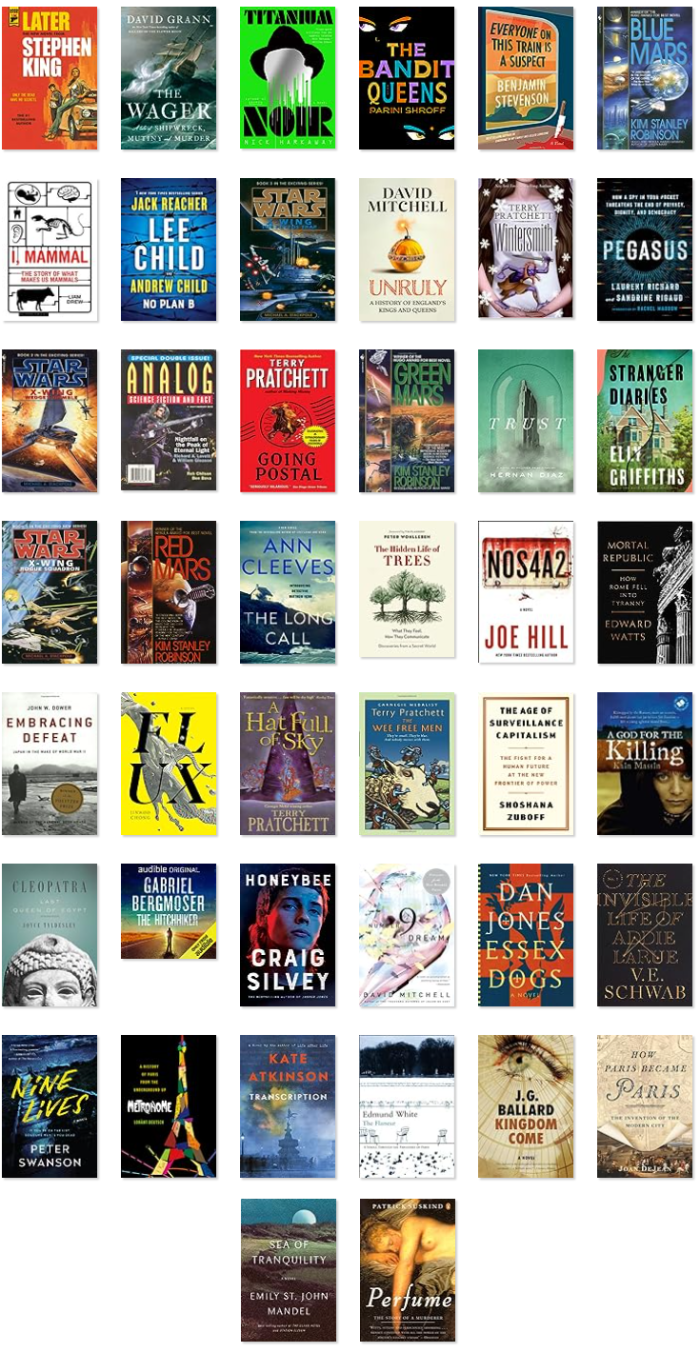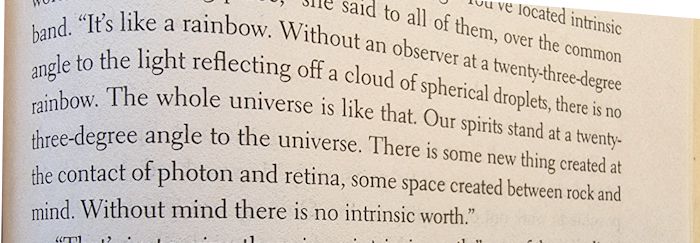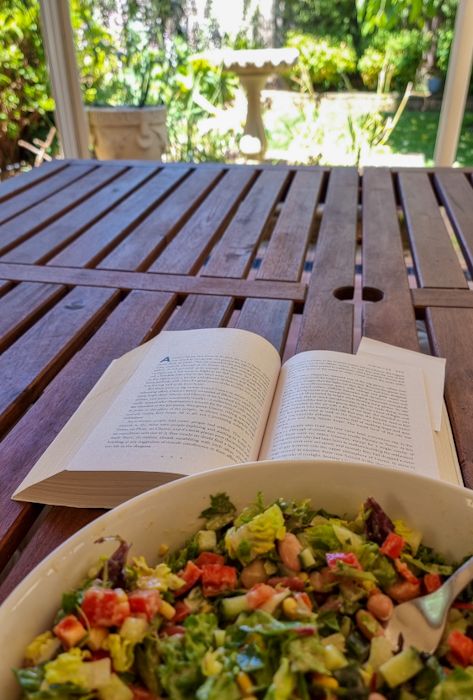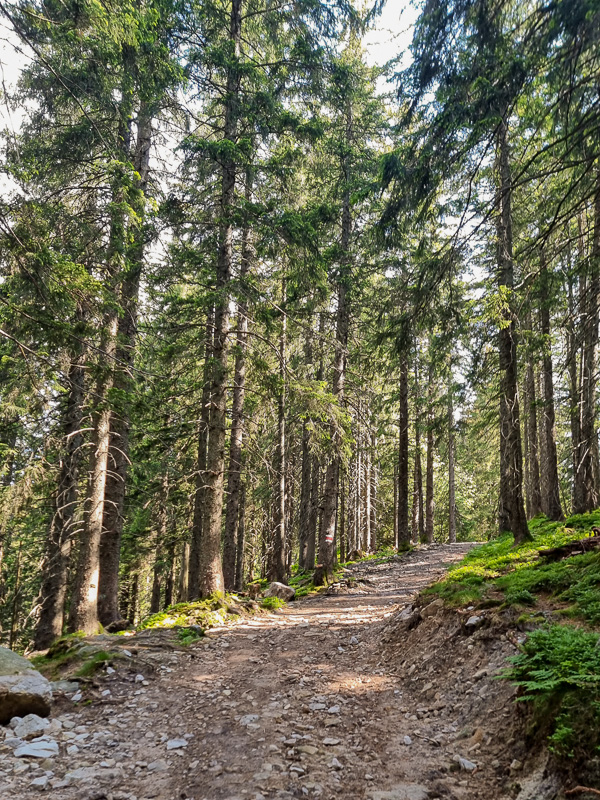We started our visit to Paris with the City of Lights walking tour, which concluded an hour before sunset.
Today was our first full day, and it was definitely filled.
Starting early, on a mostly deserted Boulevard St. Michel, we bought café crème from a takeaway store, the first hint that coffee in Paris was not going to compare to Italy.
We then ate crepes on Ile de Cité in a park that wasn't technically open.
After breakfast we needed to find a toilet, a journey that took us across the prow of Ile Saint-Lois (a 17th century planned neighbourhood), over the Seine, past the medieval architecture of Hôtel de Sens and to a small playground where a part of one of the Bastille's towers remains in a fenced off section behind an old gazebo.

No plaque, but a little bit of trash.
Between that point and our first afternoon nap in Paris we walked up the canal of Port de l'Arsenal, visited Place de la Bastille, had another average coffee among the shops of Marais, visited Place des Voges for further review of seventeenth century urban planning.

One of the first planned, public squares for recreation. Circa ~1604. Still going strong in 2023.
Then we visited one of the oldest houses in Paris (now a busy Pho place), had a kebab, and saw more of the canals.
Around dinner time we re-emerged to golden, early evening sunshine and browsed a couple of the many English second-hand Bookstores. As a book lover, these cramped spaces crammed with second hand novels, non-fiction, plays and everything else in narrow aisles and mismatched shelves stretching above my head reminded me of Portland, and were a treat just to be inside. The prices were quite high though.
After the bookstores we commenced a self-guided history tour of the nearby area, concentrated on the Latin Quarter and Île de la Cité. This took us past statues, old churches, parks and streetscapes, and highlighted the many appealing and busy restaurants between Church of Saint-Séverin and Boulevard Saint-Germain. We squeezed in to a table at La Maison de Gyros for an immense plate of chicken kebab, salad, fries and garlic sauce. More chicken in one meal than I think I ate in all of Italy.
Our tour continued after dinner, past the church into Square René Viviani to observe the oldest tree in Paris. There was a paving stone from the original Roman road somewhere around there, but I couldn't spot it before the whistles started to kick everyone out.
We crossed to the island and admired what was left of the Notre-Dame. An amazing building, and with all its scaffolding a reminder that even city staples that feel like they might last forever could one day be whittled down to a hard to find paving stone in a small garden.
Fortunately, the gargoyles withstood the flames. And we learned about the difference between gargoyles and grotesques, and added a few museums to the to do list.
After a further tour of the island, we came up to the O.G. modern Paris landmark the Pont Neuf. According to some French historians, on this bridge in the seventeenth century they invented for the first time "stopping and admiring a river in a city". And whether that's true or not, I do believe that at a time when rivers were full of mud and corpses and the many cast offs of early industry that anything that motivated city planners to take steps to clean up waterways and create walkable places to visit was a huge turning point in world history for people like me who would come to visit centuries later with my camera.
And speaking of walkable cities, we crossed Pont Neuf to the right bank, and then down to the edge of the Seine. As the sun set in front of us we walked four kilometres, never needing to cross a road once. The entire way, on both sides of the river, people sat with picnics and drinks and music. Parisians and tourists. Hustlers sold water, beer and cigarettes. Everyone was happy. A group walked behind us for a few minutes playing Titanium on their portable speaker on repeat and people sang along, which was a nice connection back to Adelaide on a Saturday night in France.
We reached the Eiffel Tower at dusk, paid a Euro for the toilet and then crossed back to a good spot in front of Trocadéro to wait for 11 PM and the light show.
During planning the Eiffel Tower didn't even earn a pin on my map of Paris, but it was worth seeing once. Not just for the spectacle, but to be a part of that huge crowd which spanned both sides of the river and all around me. Everyone was here to be in Paris. The part of my homo sapien brain that likes to conform to social norms was ecstatic. But more than that, during the sparkling that lit up the iron beams, the mood of the crowd carried the sensation that this was one of those moments in life that you look forward to, and that you don't forget. It symbolised the achievements of a species and an individual that allowed me to be born halfway across the world and to then stand here in this historic city for a few minutes. Five to be exact. Then we took the metro back to the hotel for sleep.
